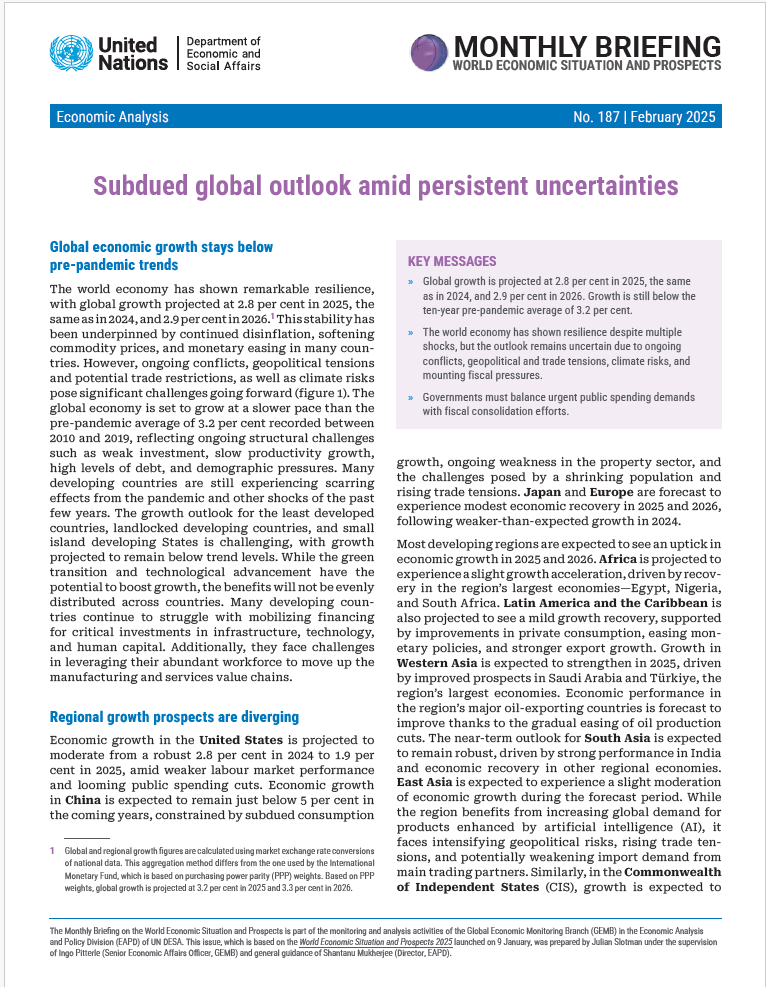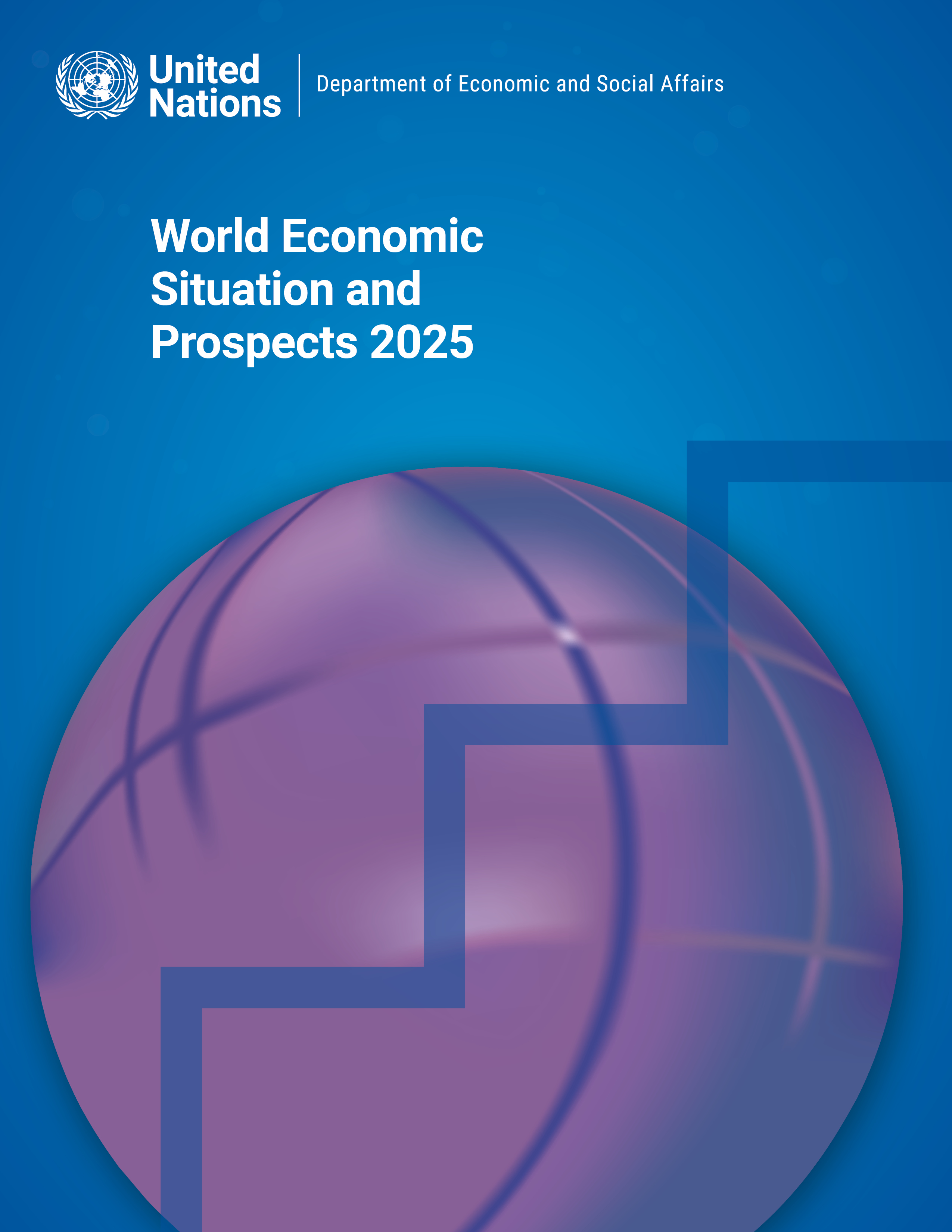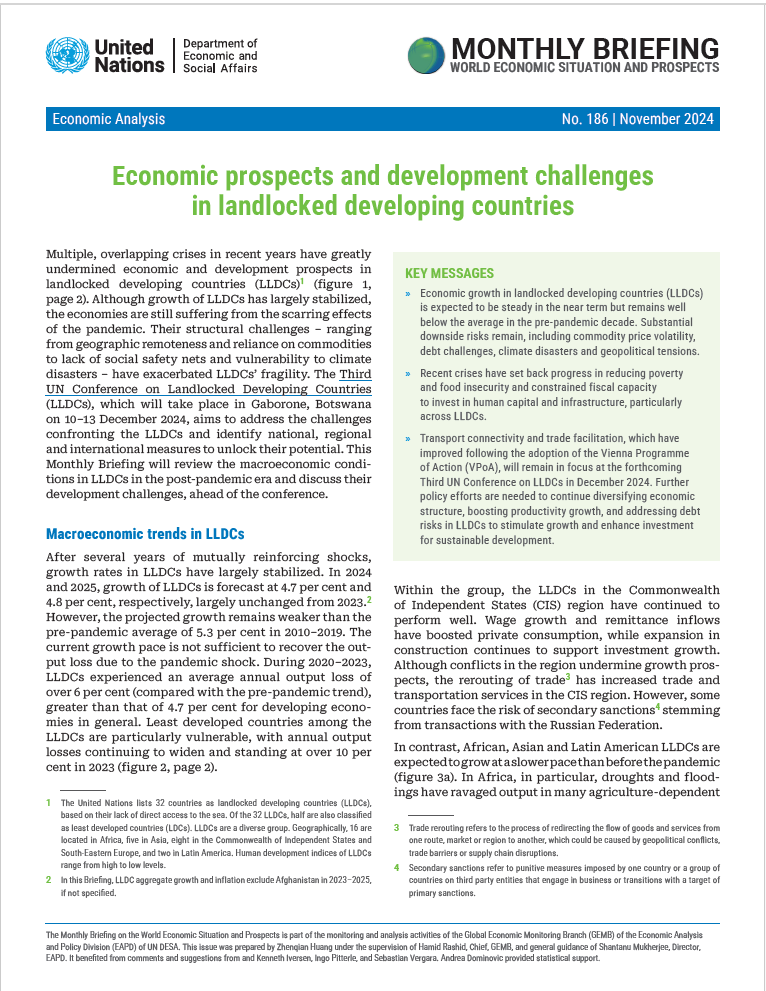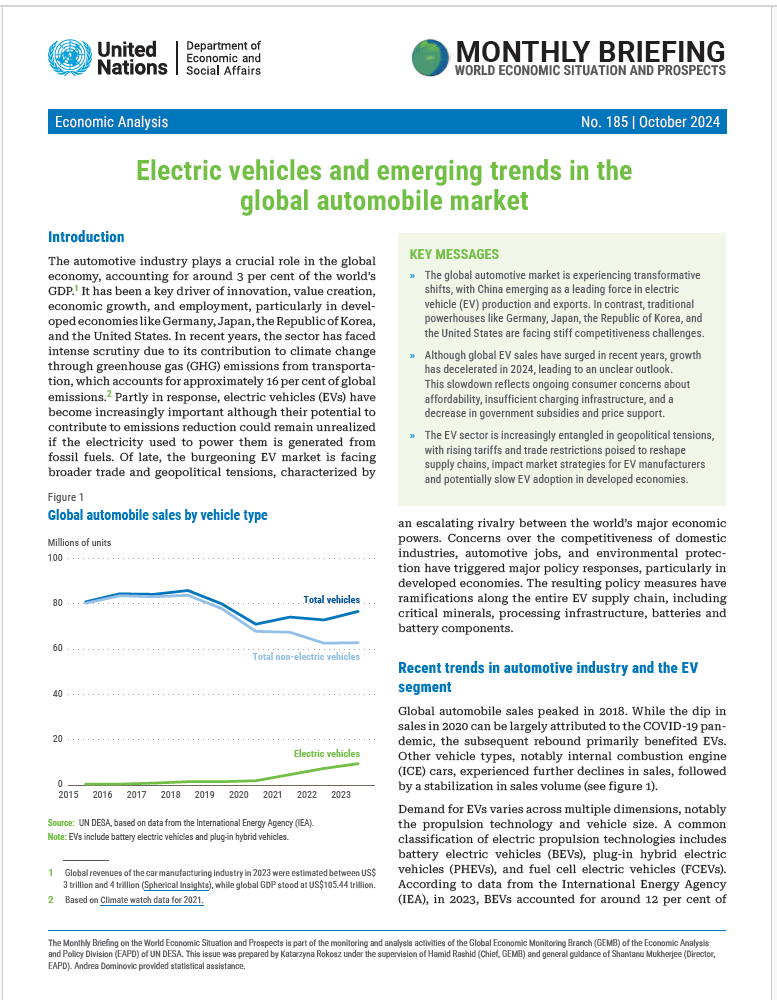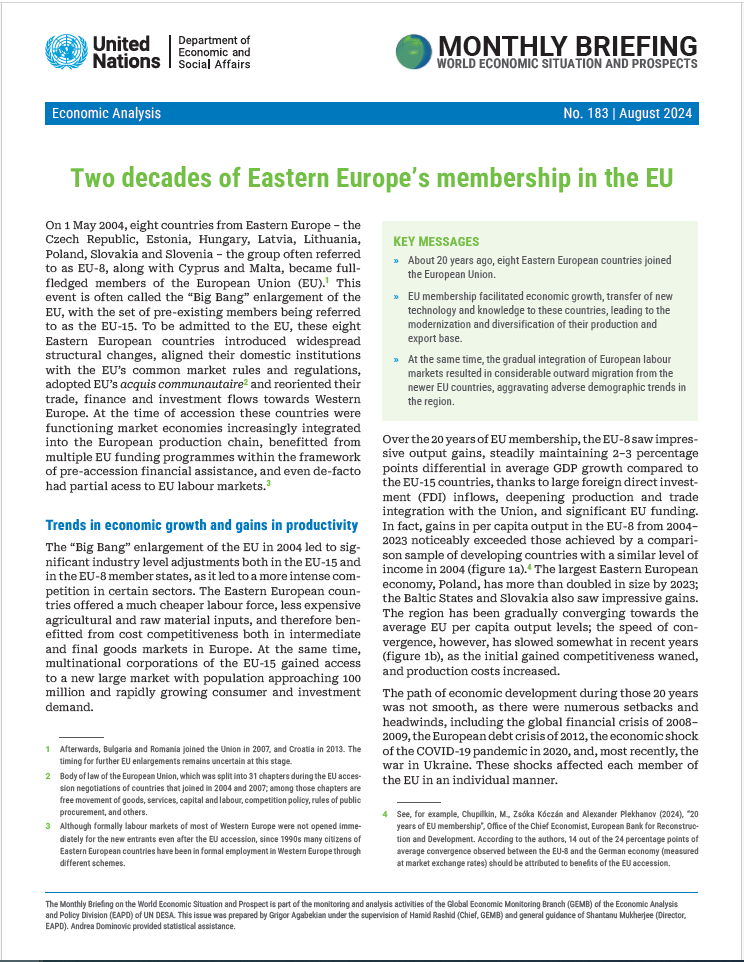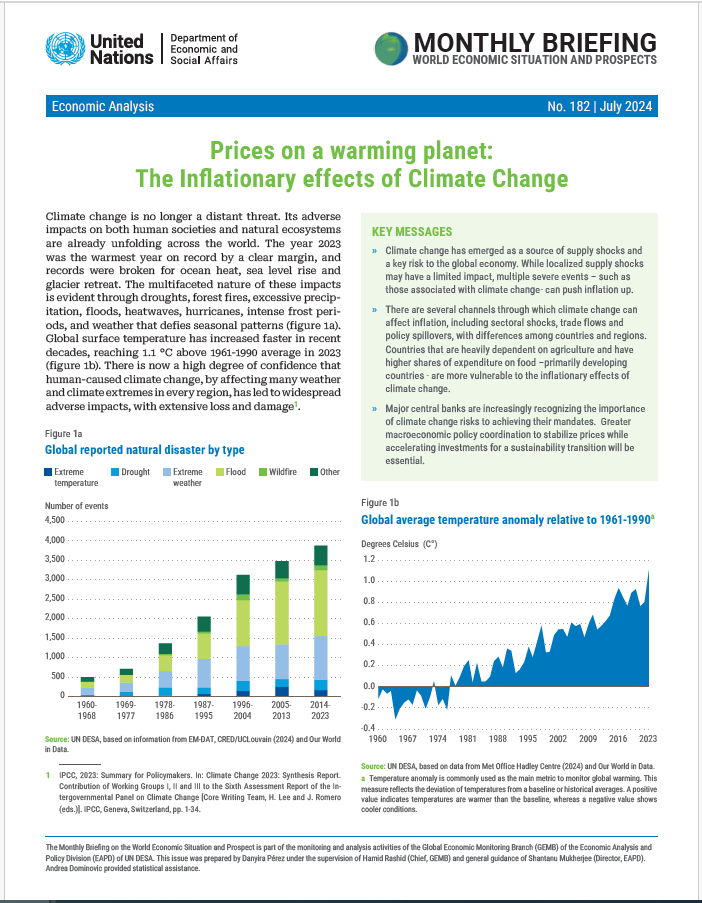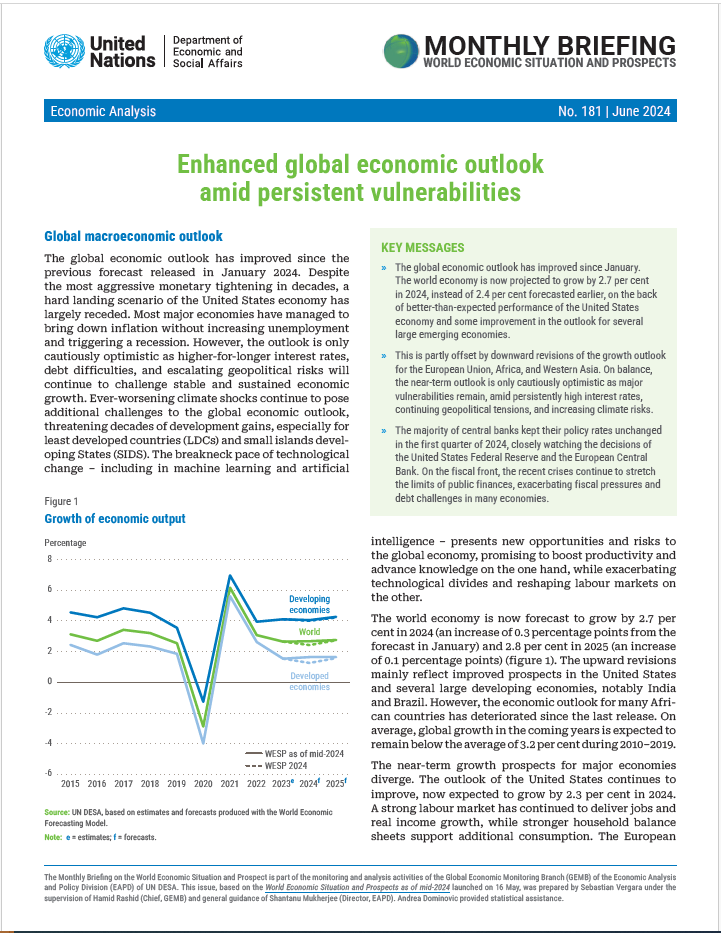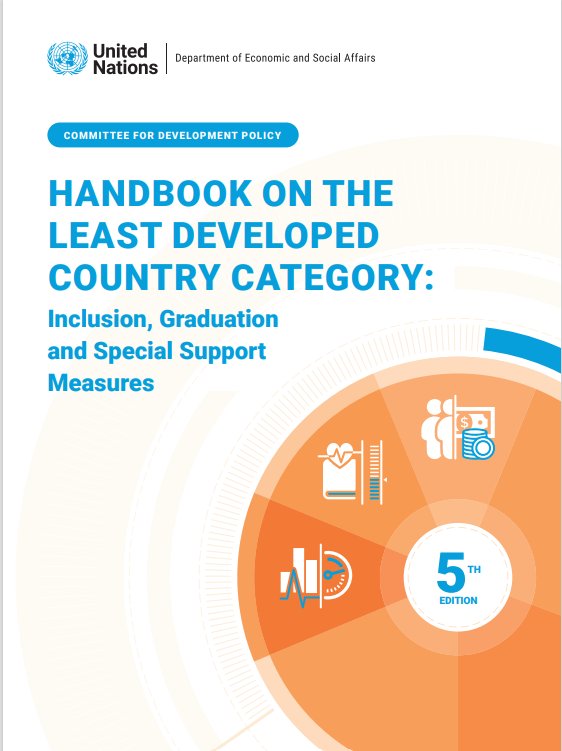Publications
Displaying 11 - 20 of 1100
Two decades of Eastern Europe’s membership in the EU On 1 May 2004, eight countries from Eastern Europe – the Czech Republic, Estonia, Hungary, Latvia, Lithuania, Poland, Slovakia and Slovenia – the group often referred to as EU-8, along with Cyprus and Malta, became full-fledged members of the European Union (EU). This event is often called the “Big Bang” enlargement of the EU, with the set of pre-existing members being referred to as the EU-15. To be admitted to the EU, these eight Eastern European countries introduced widespread structural changes, aligned their domestic institutions with the EU’s common market rules and regulations, adopted EU’s acquis communautaire and reoriented…
 Welcome to the United Nations
Welcome to the United Nations
